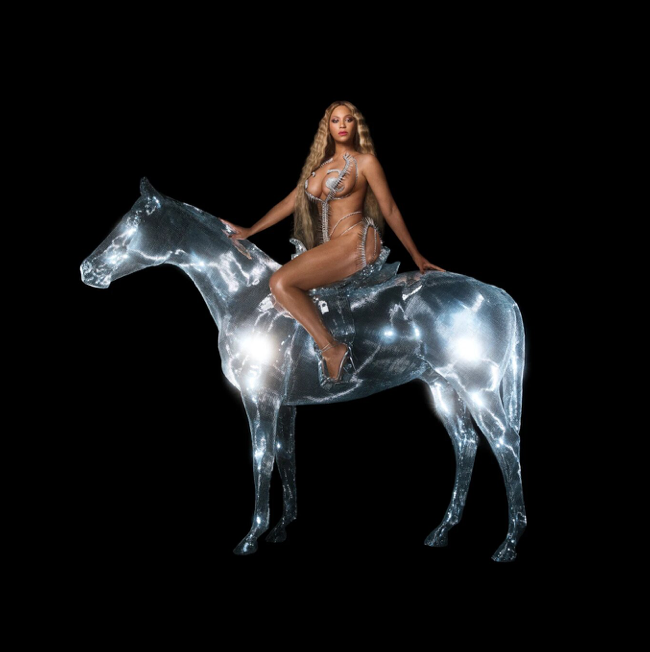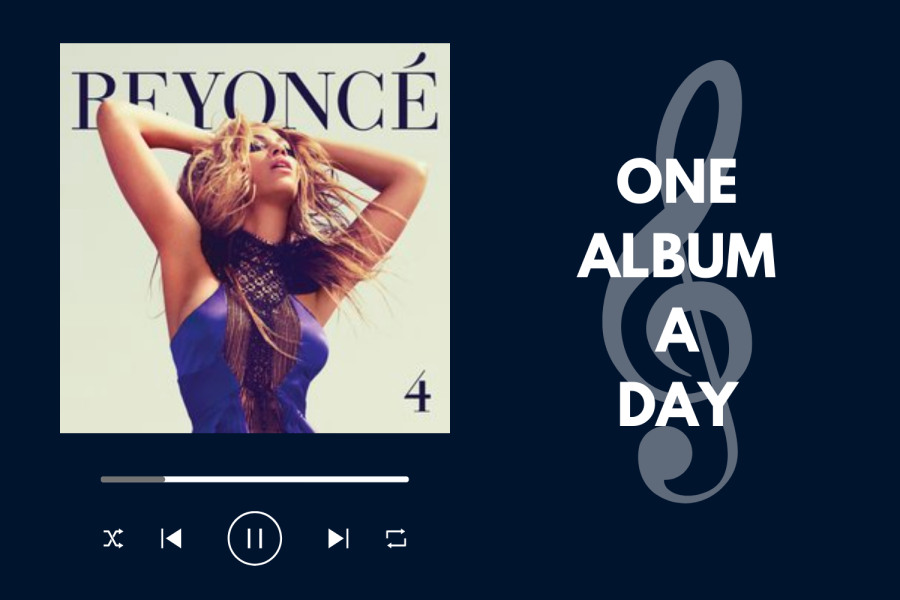The opening years of the decade have marked a seismic shift in the popular music landscape. A vibrant and nostalgically charged sound has risen from the ashes of the sullen, subversive and genre-blending sonic aesthetics that dominated the airwaves of the last decade. While a host of 2010s tastemakers have departed from their signature styles to debut their unique interpretations of this musical wave (some more successful than others), it is only fitting that this sound’s ascent into the upper echelons of the cultural consciousness is heralded by the triumphant return of a millennium-defining pop star–Beyoncé.
“Renaissance” is a kaleidoscopic celebration of dance music history that thrusts the sounds of bygone eras into the modern age. Beyoncé ditches the verse-chorus structural conventions of yesterday to create a free-flowing album that evokes the ebbs and flows of a club DJ’s continuous megamix.
Most notably, the three-track run in the first half of the project begins with “CUFF IT,” a shimmering disco cut that borrows the iconic bassline of a ‘70s-era chart-topper and concludes with the album’s kinetic house-inspired hit single, “BREAK MY SOUL.” The series of songs are masterfully woven together by cleverly engineered outros which introduce musical motifs that develop into the pulse of the subsequent track.
Beyoncé draws from an extremely wide range of inspirations throughout the album’s 16-track run. “VIRGO’S GROOVE” is another ‘70s-inspired track that blends a funky guitar riff with synthesizers to create a retro-futuristic vibe reminiscent of “Random Access Memories”-era Daft Punk. From more contemporary sounds, Beyoncé channels the voluptuous sub-basses popularized by dubstep producers like Skrillex for a hot and heavy banger fittingly titled “THIQUE.”
But Beyoncé’s penchant for sampling has also garnered a bit of controversy. Her interpolation of the production for the 2003 smash-hit “Milkshake” on her new track “Energy” incorrectly credited the Neptunes rather than R&B singer Kelis, eliciting an incendiary response from her. Beyoncé has since removed the sample of “Milkshake” from the track on August 2.
Aside from the legal and moral quagmires that can arise from ill-advised sampling, from a creative standpoint, the reuse of core melodies and rhythms of an excessively popular and overplayed song could seem derivative and even straight-up lazy. While Beyoncé contributes an amazing vocal performance on the album’s closer “SUMMER RENAISSANCE,” there are instances where I can’t help but feel as if the track is nothing more than a modernized retooling of Donna Summer’s ‘70s disco classic “I Feel Love” due to the extensive use of Giorgio Moroder’s iconic orchestration of synths.
On the flip side, many of the album’s best moments also stem from this polarizing modern musical technique. Despite being extensively butchered in the past, the cadence of the monotone growl of the hook for the satirical ‘90s earworm “I’m Too Sexy” was repurposed into a blissfully melodic chorus for the spacy-sounding “ALIEN SUPERSTAR.”
Beyoncé’s most striking and significant homage, however, is to LGBTQ+ tastemakers, with many of the album’s songs directly referencing and taking inspiration from Black and queer culture. “PURE/HONEY” is a flamboyant, runway-ready track that layers vocal excerpts from ballroom anthems “C*nty” and “Feels Like” over a pulsating bassline. Transgender House pioneer Honey Dijon is credited in the aforementioned “ALIEN SUPERSTAR,” as well as the sultry and sensual “COZY.” When done correctly, sampling is an excellent way of shining the limelight on underappreciated artists and cultures, and Beyonce’s decision to use her platform to elevate a marginalized community that she holds close to her heart is not only tasteful, but empowering.
While “Renaissance” sits in stark contrast to the lyrical density of her scathing, intimate and critically acclaimed previous effort “Lemonade,” Beyonce’s latest album is filled with enough sonic substance to define the dancefloors of the roaring ‘20s.












